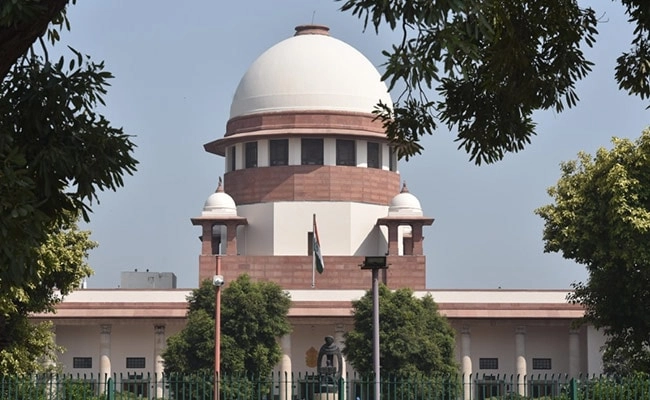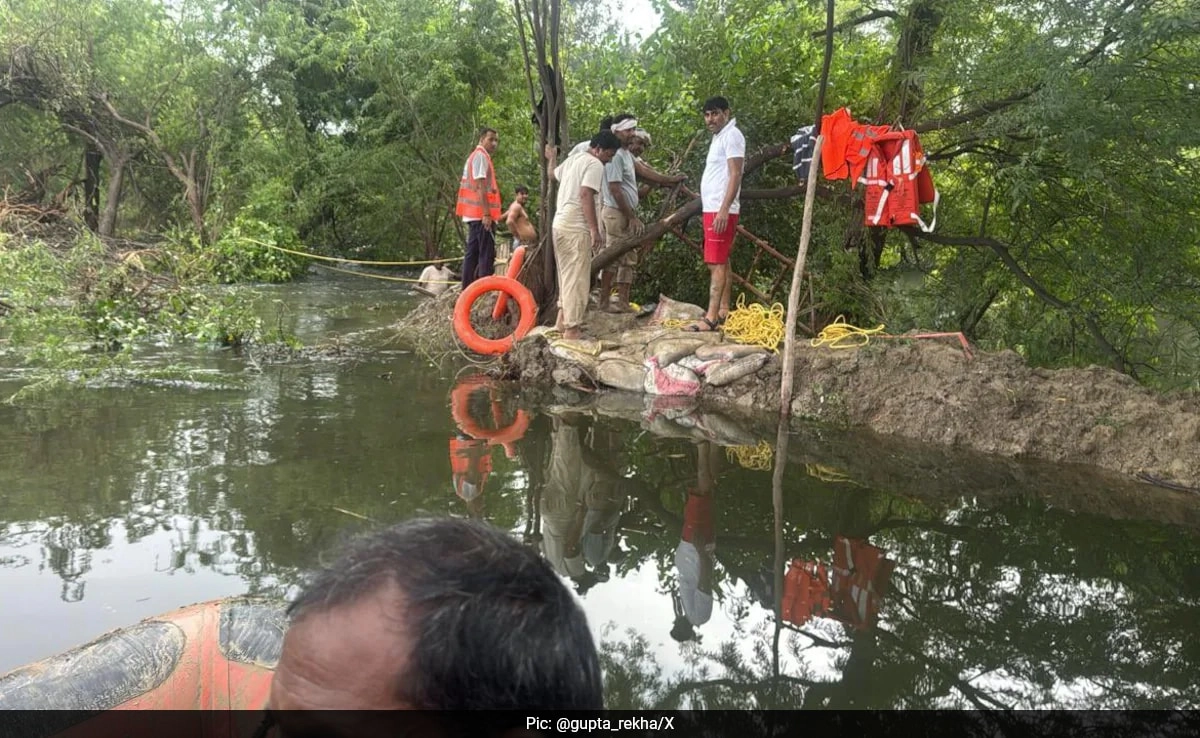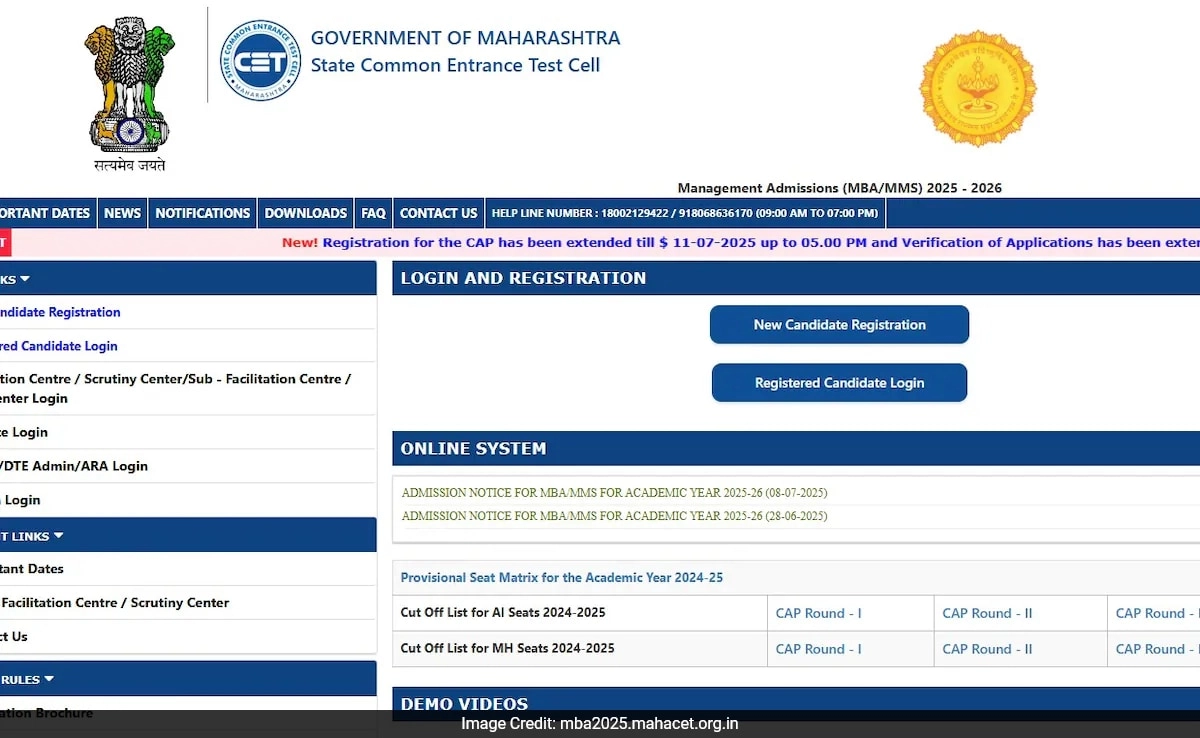The Supreme Court has raised significant concerns regarding the misuse of ration cards in India, suggesting that these essential documents have transformed from crucial tools for food security into mere “popularity cards.” This observation underscores a growing problem in the distribution and utilization of ration cards, which are intended to provide subsidized food grains to the underprivileged sections of society. The judiciary’s remarks highlight the alarming trend where ration cards are often exploited for political gain, leading to an erosion of the original purpose of these cards, which is to ensure that the most vulnerable populations have access to basic necessities.
The issue of ration card misuse has far-reaching implications for food security and social welfare policies in India. As the Supreme Court pointed out, the integrity of the Public Distribution System (PDS) is at stake, as the system designed to support the poor is being undermined by fraudulent practices. The court’s comments suggest that individuals or groups may be leveraging the issuance and management of ration cards to bolster their political standing or influence, rather than focusing on the genuine needs of the citizens. This misuse not only deprives deserving individuals of essential resources but also distorts the democratic process by intertwining essential welfare programs with political agendas.
Moreover, the Supreme Court’s intervention serves as a clarion call for policymakers to reevaluate and strengthen the mechanisms governing the distribution of ration cards. It is imperative to implement stringent checks and balances to ensure that these cards serve their intended purpose without being manipulated for personal or political gain. By addressing the loopholes in the system, the government can reclaim the integrity of the PDS, ensuring that it fulfills its role as a lifeline for the marginalized. The court’s observation acts as a timely reminder that social welfare initiatives must be shielded from political exploitation to truly benefit those who are in dire need of assistance.
In conclusion, the Supreme Court’s remarks on the misuse of ration cards as “popularity cards” underscore a critical issue that demands immediate attention. As India grapples with the challenges of poverty and food security, it is vital that the systems in place to support the vulnerable are safeguarded from manipulation. The judiciary’s call to action serves as a pivotal moment for stakeholders in the welfare system to come together and ensure that the true spirit of ration cards is preserved, reinforcing their role as vital instruments for social justice and equity.




